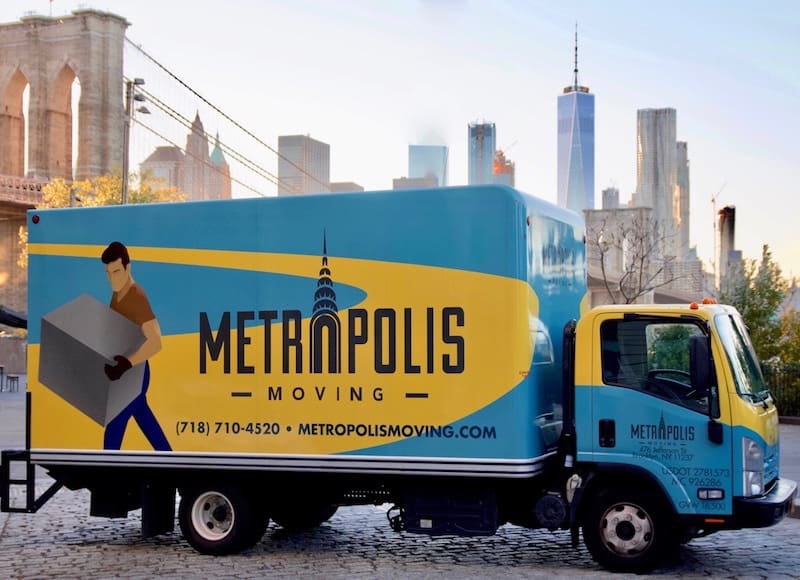Difference Between a Co-Op and Condo
To fully understand a proprietary lease, you must first understand the differences between housing co-ops and condos.
Condo | Co-Op | |
Ownership | Buyer owns the apartment and a portion of the common areas | Buyer owns shares in a corporation that owns the building |
What you get upon closing | Deed | Proprietary Lease |
Down payment / monthly fees | Usually around 10% down payment, two monthly fees with a lower sum | Anywhere from 25-60% down payment, one monthly fee that is usually more expensive than a condo’s. |
Approval | Usually pretty easy to be approved, great choice for international investors | Board of directors must approve buyer, who they can reject for any reason |
Subletting / Renting-out | Subletting, renting out, and otherwise using a condo to generate relatively passive income is one of the best reasons to own a condo. | Subletting or renting out usually requires the approval of the Board of Directors, which would probably not be so simple to get. |
What Is a Proprietary Lease?

Now that you know what the differences between a co-op and condo are, it should be easier to understand a proprietary lease. It is a signed legal agreement between a shareholder and the housing co-op. A proprietary lease gives a shareholder in a housing co-op the right to occupy a particular unit in the building. A proprietary lease also explains the nature of the contract:
- Shareholders are not direct owners of the property; it is owned indirectly through the corporation
- Shareholders belong to the co-op’s board of directors, and are also tenants of the co-op. This means they are essentially landlords and tenants of the co-op.
Shareholders

- Shareholders are liable for the maintenance of the unit.
- Liable to compensate for losses incurred coming from their unit.
- They must operate the property following the rules laid out in the guidelines.
Housing Co-Op

- The organization must make sure that shareholders are complying with the rules of the proprietary lease.
- They execute random inspections.
All-in-all, a proprietary lease simply attempts to secure the interests of housing co-ops and the shareholders within them. Buyers should remember that co-ops are much more of a strict commitment than condos. Be sure to read the proprietary lease and even consider legal counsel to make sure that what you’re buying will be right for you.
Choosing the Right Movers

Whether you choose to live in a co-op or a condo, you’re going to need a team of professional movers to move you and your belongings to your new living space. Metropolis Moving has gained the reputation of being one of New York City’s most courteous, careful, and friendly professional moving services. Get a quote today and you’ll be on your way to living the life you envision for yourself.


